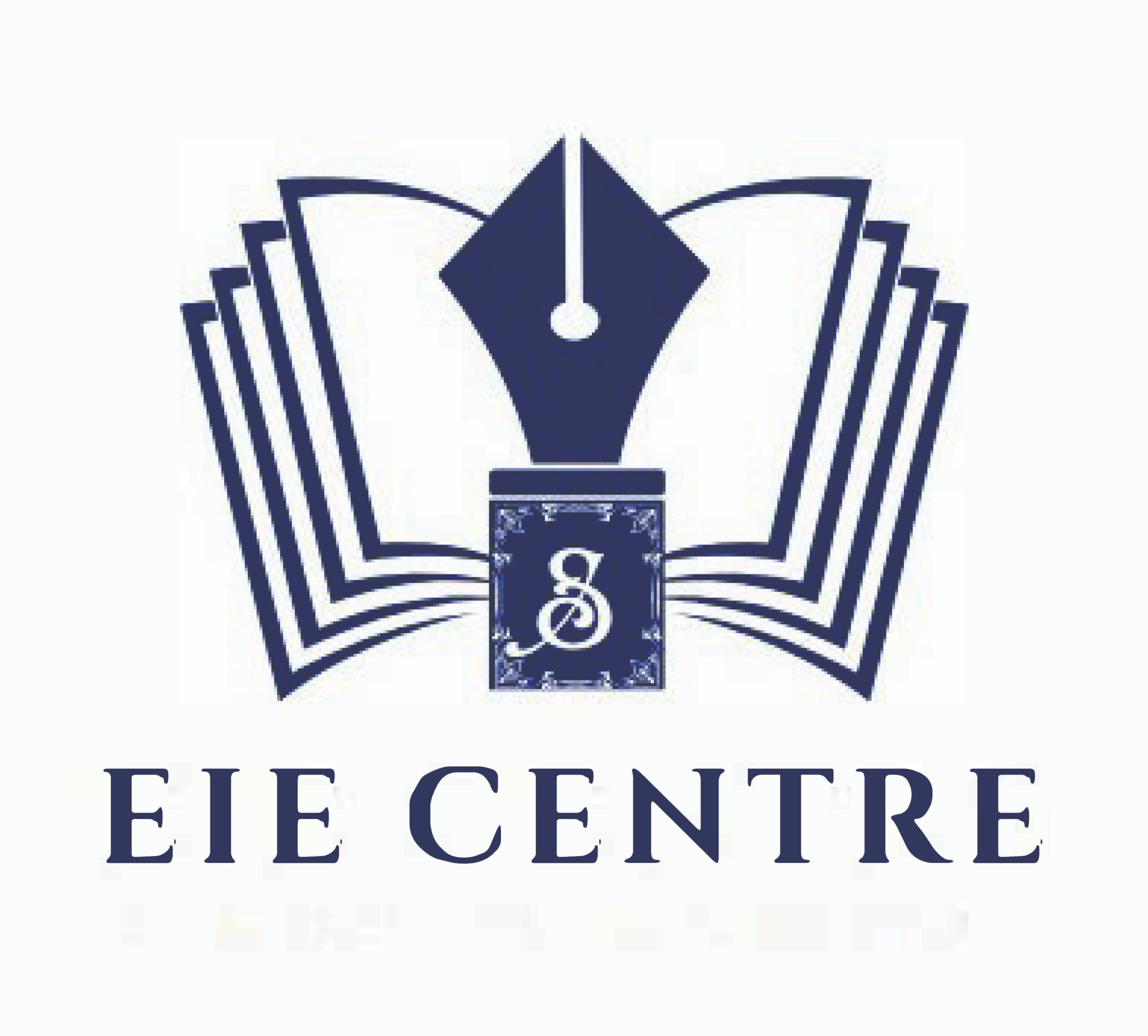Project Scope and Requirements Management Training Course

About Course
Managers and customers expect to see tangible results and value for money from projects. Unfortunately, many projects fail to meet these expectations due to poor cost control, leading to over-budget expenditures and, ultimately, project failure or cancellation. This crucial aspect of project management underscores the importance of the project scope management importance and the requirements management process.
Our five-day project scope and requirements management program offers practical strategies for establishing an accurate cost baseline and developing a reliable cost-tracking system to manage the budget effectively throughout the project’s life cycle. We cover essential project scope management techniques and requirements management course content to prevent cost overruns and ensure project success.
Enhancing Your Project Management Skills with Certifications
Demonstrating your expertise in project scope and requirements management can be significantly boosted by obtaining a requirements management certification or a scope certification. Participants interested in furthering their credentials are encouraged to pursue requirements management certification training, which can provide them with the skills and knowledge necessary for excellence in their field.
By aligning the project scope and requirements management course and the scope of your learning with certification objectives, you are investing in your professional future and setting yourself apart in the project management industry.
Course Objectives
Upon completing this project scope and requirements management course, participants will be able to:
- Recognize the importance of project scope management for the success of any project.
- Implement best practices to reduce costs and avoid negative project impacts.
- Describe the process of project scope management and the project cost management lifecycle.
- Understand the actions needed at each stage of the lifecycle and their importance.
- Identify the key cost attributes necessary for effective management.
- Employ steps to enhance project estimates, budget, cost baselining, performance measurement, and analysis.
- Monitor and control costs during project execution and report on project performance using project scope management tools and techniques
- Apply quantitative measures like Earned Value Management (EVM) to determine project performance.
- Create meaningful progress reports using EVM with forecasts and management interventions for necessary corrections.
- Understand estimation cost techniques, including the Work Breakdown Structure (WBS), work packages, and risk management considerations.
- Learn about using S-curves for risk and cost estimates.
Targeted Competencies
- Project planning.
- Organizing the project.
- Project control.
- Cognitive abilities.
- Communication.
- Engineering value.
- Scope management and cost control.
Course Content
Unit 1: Overview of Project Management
- Basic project management definitions.
- The project management processes.
- Project phases and life cycles.
- Typical project terminology.
- Setting up projects for success.
- The project scope and requirements management processes – estimate costs, determine budget, and control costs.
Unit 2: Developing The Project Schedule – Estimating Cost
- Understanding project management inputs to cost estimation.
- Creating the Work Breakdown Structure (WBS).
- Defining work packages as essential building blocks.
- Exploring various estimation techniques.
- Strategies for schedule optimization.
- Techniques for estimating the total project cost.
Unit 3: Developing The Project Budget – Determining Budget
- Understanding project management inputs to budget determination.
- Estimating costs of personnel, materials, and equipment, including overheads.
- Process of cost aggregation.
- Incorporating the risk management process, risk response planning, and risk reserves.
- Calculating costs for risk response and reserve or contingency.
- The application of the S-Curve in risk and cost estimation.
Unit 4: Utilizing Control Accounts and Effectively Controlling Project Costs
- Control Accounts and the Control Account Plan (CAP).
- Essential measures for cost control.
- Change control processes and the impact on the cost performance baseline.
- Understanding project management inputs to cost control.
- Identifying and managing labor hours.
- Strategies for tracking project costs.
Unit 5: Project Performance Measurement, Interpreting and Reporting EVM Results
- An introduction to Earned Value Management (EVM).
- Key measures used in EVM.
- Analyzing variance results, performance indices, and forecasting.
- Interpreting results and exploring options to correct unacceptable variances.
- Developing forecasting techniques and response plans.
- Reporting EVM to senior management and customers.
